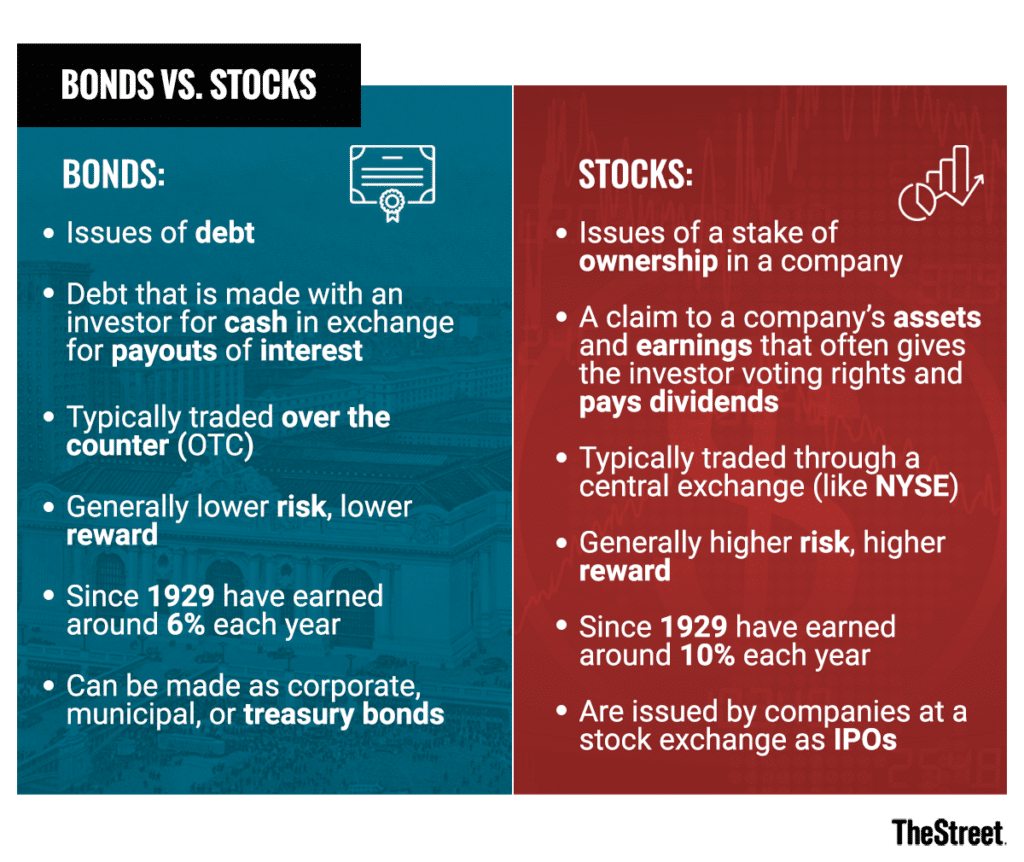
Typically, when stock markets decline, we also see a decrease in mortgage rates (and vice versa), and many ask the question, “Why does this happen?”. The key thing to keep in mind for mortgage consumers or bond market investors is that bond (debt) markets and stock (equity) markets basically compete for investment dollars at any given point in time. For this reason, a bullish (positive or strong) equity market would pull investor’s funds (which are limited) away from the bond (debt) markets and see them redeployed into stock (equity) capital markets. Conversely, when the stock markets are decreasing in value this is often caused by a sell off and much of the funds from that sale go into bond markets.
When money is flowing from stocks toward the bond markets, this increases the demand for bonds and the sellers of these bonds (both government and corporate bonds) subsequently have their face values go up while driving yields down. Please also keep in mind that when bond prices go down – bond yields go up. This can be more simply explained if you look at the fact that that bonds trade at a discount to the face value of the bond, and consider that the return investors earn is comprised typically of the coupon rate and the difference between the market price and face value of the bond. The larger the discount from face value, the greater the yield to maturity for the investor – therefore the investor yield goes up as the price of the bond goes down. It is this increase in yield that ultimately attracts investors back into investing in bonds when equities rise. Investors simply seek the most effective (risk-adjusted) home for their investment dollars. If this seems complicated to you then you are not alone. For a more detailed overview try the Bond section of Investopedia: https://www.investopedia.com/terms/b/bond.asp
Essentially – what we see in short term market dynamics is when stock indexes fall, they in turn push bond prices higher and thus bond yields lower (all else equal). It is for this reason that we often see a quick rally in the stock market push up the yields on mortgage rates – at least in the short term. Since the Canadian bond market is closely correlated with the US bond market – falling yields south of the border often put downward pressure on our bond yields and thus lower fixed mortgage rates here in Canada.
I would like to quickly point out that there are a plethora of other market dynamics in play at any given time. While much of macro and micro economic theory is predicated on a concept called “ceteris paribus” which is a latin phrase meaning “other things remaining equal” … we all know other things don’t remain equal in the real world. Monetary policy, fiscal policy, inflation and geo-political economics or virus outbreaks are always at play at varying levels of relevance.
A great financial advisor is constantly on the watch for things that could possibly compromise your wealth goals and/or create buying opportunities in the market. You could of course go complete an MBA in finance, earn your own CFA, CFP, PFP, or get a Masters in Economics and watch this stuff yourself every single day. Personally – I would simply work with the best mortgage and wealth management experts and industry leaders so that you can focus on what you do best and let the professionals on your team worry about this on your behalf.
Volatile markets create opportunities and we would love the opportunity to help you capitalize on the current historically low mortgage rates. Call our office today to discuss how we can help at 1-855-410-9905 or email calum@mortgagemanagement.ca
